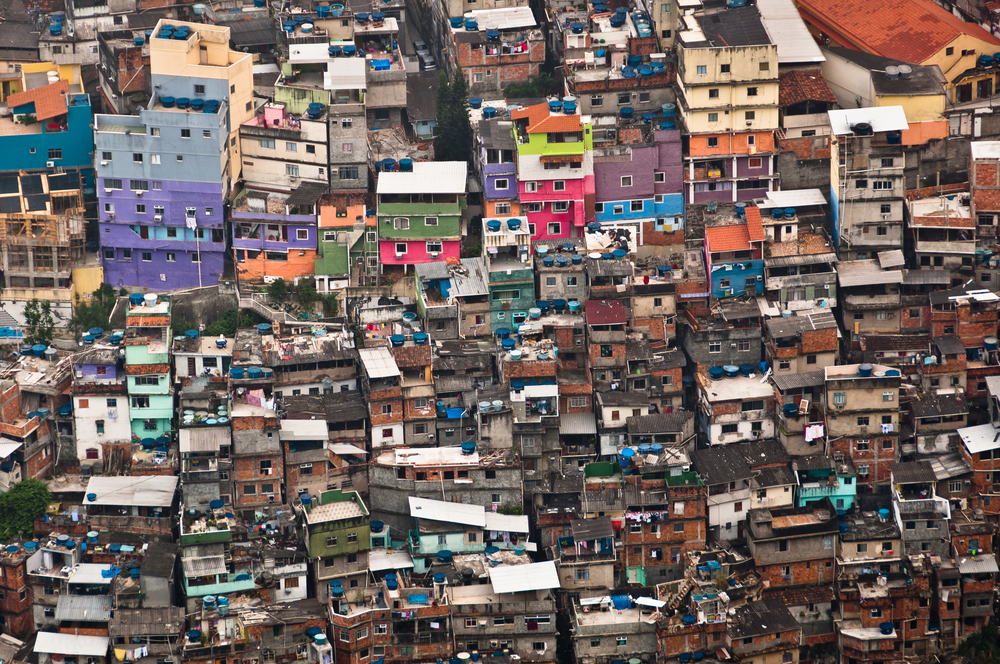A distinguishing characteristic of Brazilian cities are favelas, vast swathes of low-income and often precarious dwellings, built on occupied land. A result of labor migrations of rural populations to the city and the absence of adequate state housing policies, a significant portion of these homes are technically illegal, with rightful owners being unable to receive property deeds.
On Thursday, the federal government launched a program seeking to rectify the legal situations of occupied lands all over Brazil, including favelas. The administration’s pledge is for residents to receive deeds within a maximum of ten years.
Indeed, more than 11 million Brazilian citizens live in the roughly 7,000 favelas spread across 734 Brazilian municipalities, according to the most recent data from the Brazilian Institute of Geography and Statistics (IBGE). At the same time, there are a number of upscale homes built illegally on public lands, which have become luxury housing complexes.
By some distance, São Paulo is the state with the highest number of “illegal” homes built in favelas: 1.06 million. Rio de Janeiro comes in second, with 717,000, followed by Bahia (469,000), Pará (432,000), Amazonas (393,000), and Pernambuco (327,000).
Public administrators and experts say that evicting residents from irregularly occupied lands is unviable, and that rectifying land ownership may result in economic and social benefits. Meanwhile, some mistrust the model proposed by the government this week, as it does not comprise measures to rectify the legal situations of infrastructure, especially in poor neighborhoods.
Brasília has a lab for registering homes in favelas
A pilot project will...


 Search
Search






































